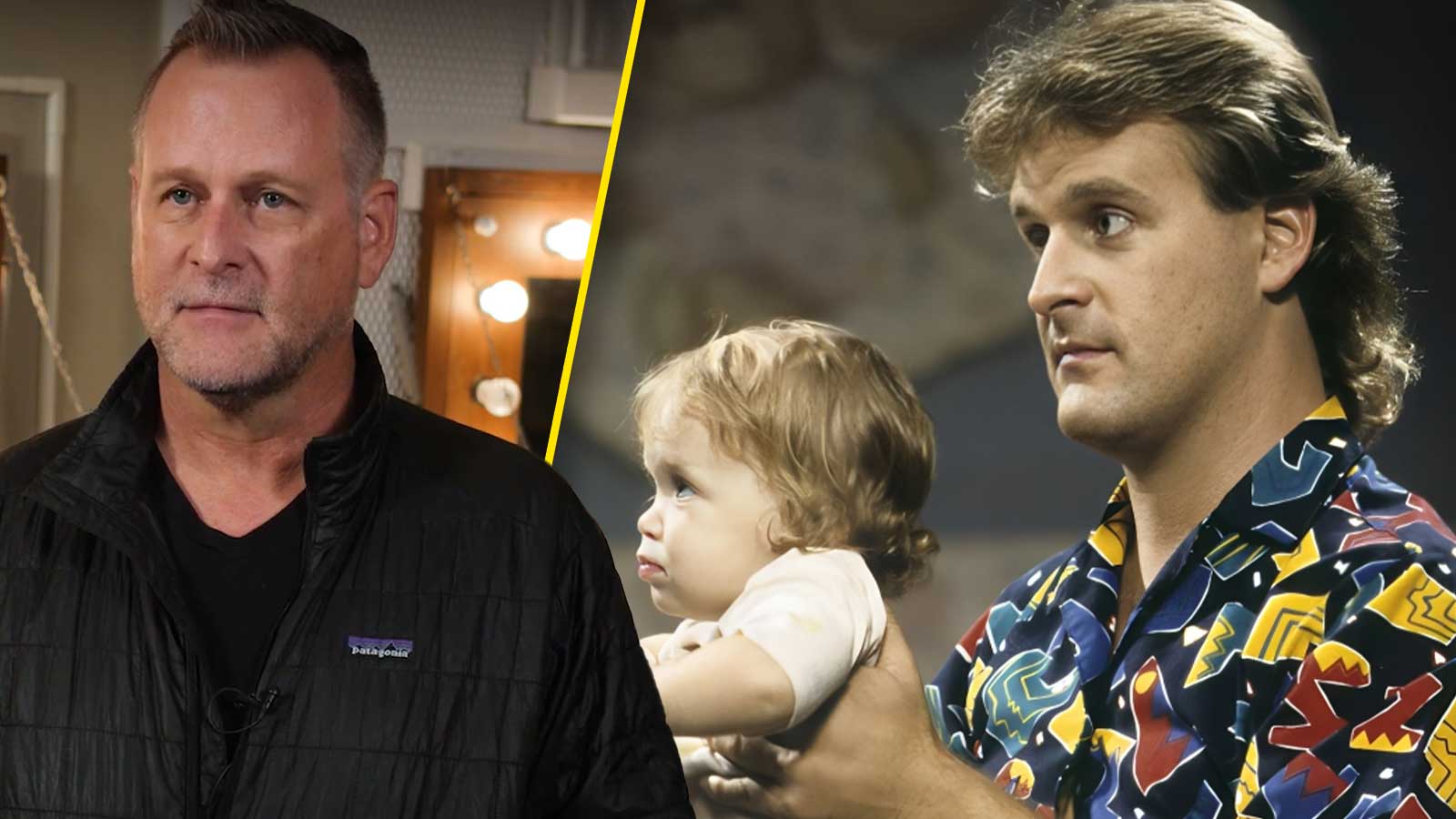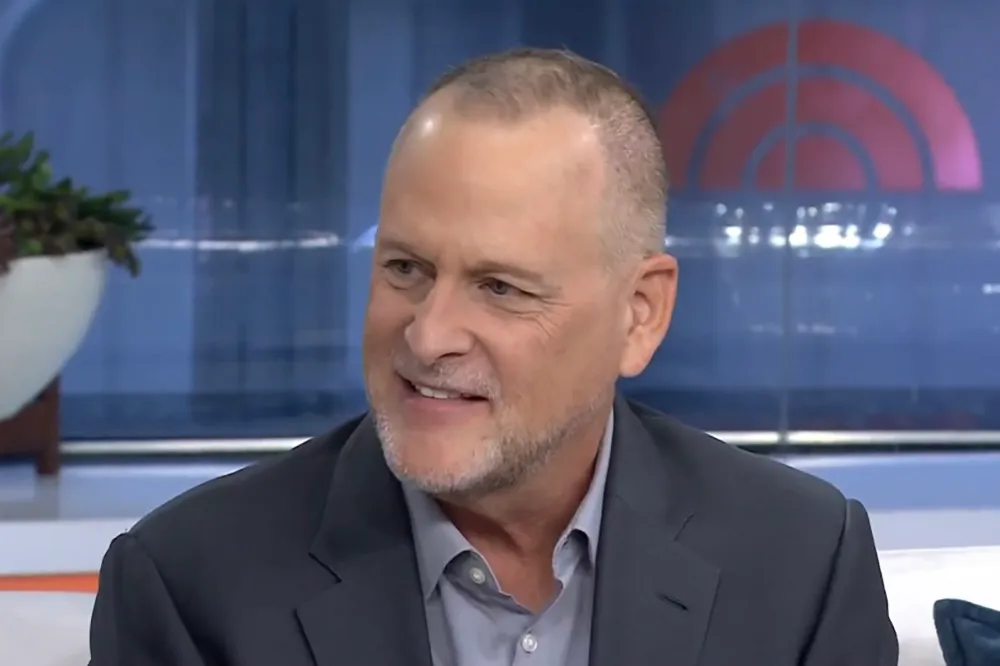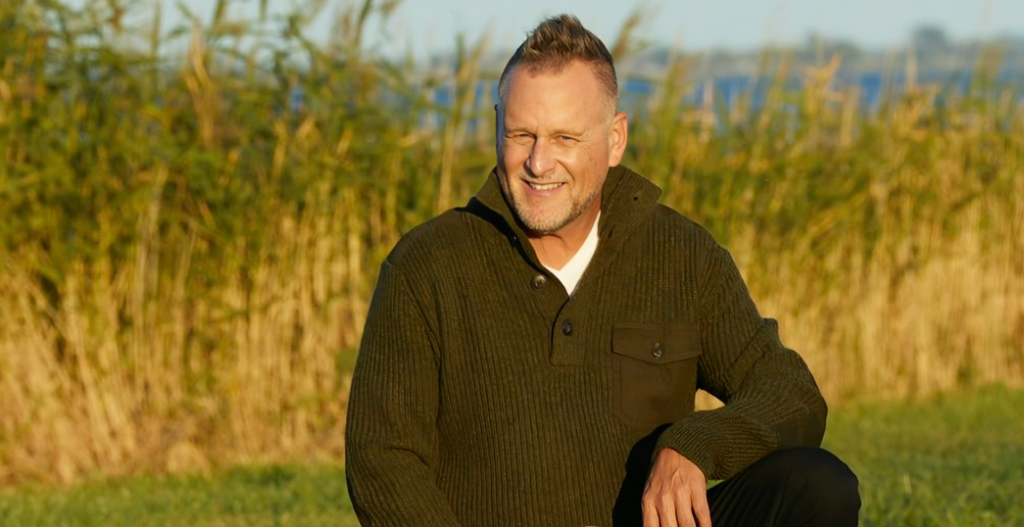What Is Non-Hodgkin’s Lymphoma? All You Need to Know About Dave Coulier’s Battle With Life Threatening Disease
- Non-Hodgkin’s lymphoma is a cancer that starts in the lymphatic system.
- Dave Coulier is fighting Stage 3 lymphoma and has a 90% chance of remission.
- Chemotherapy, radiation, and others are used to help treat the disease.
Life can change in an instant. One minute, everything seems normal, and then a simple health issue spirals into something much bigger. That’s exactly what happened to Dave Coulier, the beloved actor who played ‘Uncle Joey’ on Full House.
Coulier was suddenly hit with a diagnosis that rocked his world: Stage 3 Non-Hodgkin’s lymphoma. It’s a type of cancer that starts in the body’s lymphatic system, which is part of the immune system.
Non-Hodgkin’s lymphoma is actually pretty common. But this disease can be aggressive and tricky. The good news is that, thanks to new treatments and research, the survival rate has improved dramatically over the years. The actor’s journey with this diagnosis hasn’t been easy.
But with the support of his family, his fans, and some positive news from his doctors, he’s staying strong. In fact, after getting his bone marrow tested, his chances of being cured have jumped to 90%.
So while his battle is far from over, there’s real hope for a full recovery. Let’s take a closer look at what Non-Hodgkin’s lymphoma is, how it’s treated, and how Dave Coulier is fighting back in this life-changing battle.
Non-Hodgkin’s Lymphoma Explained
As per Mayo Clinic, Non-Hodgkin’s lymphoma (NHL) is a type of cancer that starts in the lymphatic system. This system includes the lymph nodes, spleen, and bone marrow, all of which help fight infections and keep you healthy.
In NHL, the problem begins with white blood cells called lymphocytes. These cells normally help protect the body from diseases, but in lymphoma, they start growing uncontrollably, forming tumors that can spread throughout the body.
Cleverland Clinic reported there are over 70 types of Non-Hodgkin’s lymphoma, with two of the most common being Diffuse Large B-Cell Lymphoma (DLBCL) and Follicular Lymphoma. While these are the most common types, there are many other varieties as well.
The tricky part about NHL is that it can develop with symptoms that seem like no big deal. The affected person might notice swollen lymph nodes (in the neck, armpits, or groin), unexplained weight loss, fever, night sweats, or just feeling unusually tired. If these symptoms appear, it’s a good idea to check in with a doctor.
But don’t panic just yet—NHL can be treated, and there are plenty of options. Dave Coulier’s story is proof of how much progress has been made in treating this cancer. He’s well on his way to remission, and we’ll dive into how treatments work in just a bit.
Dave Coulier’s Battle with Non-Hodgkin’s Lymphoma
Dave Coulier is known for making us laugh as the goofy “Uncle Joey” on Full House. But life took a serious turn for him recently when he was diagnosed with Stage 3 Non-Hodgkin’s lymphoma.

The news came after he noticed some swelling in his lymph nodes, which he thought was just a minor cold or respiratory infection. But when the swelling didn’t go away, he got a call that changed everything. Coulier told PEOPLE:
I went from, I got a little bit of a head cold to I have cancer, and it was pretty overwhelming. This has been a really fast roller coaster ride of a journey.
The news hit him hard, and understandably so. In just a few days, the star went from feeling unwell to hearing a doctor tell him that he had an aggressive form of lymphoma. But he isn’t the type to give up without a fight.
Coulier has already been through a lot in his life—he’s lost his mother, sister, and niece to cancer, and he’s seen how strong they were during their own battles. He is determined to be just as strong. The 65-year-old said on his podcast Full House Rewind:
I saw what they went through, and if I can be even half as strong as they were during their battles, I’m going to put up a pretty good fight.
Despite the heavy news, his doctors have been optimistic. Coulier’s treatment plan has already improved his chances of recovery dramatically. After some tests and surgeries, his bone marrow came back clean, and now his doctors say he has a 90% chance of beating the cancer and being in remission by February.
His fight against cancer isn’t just about him. It’s about honoring his family’s legacy and staying strong for his wife, friends, and fans. His message is clear: No matter how hard things get, don’t give up.
Is Non-Hodgkin’s Lymphoma Treatable?
Yes, Non-Hodgkin’s lymphoma (NHL) is treatable. Thankfully, there are several treatments available for Non-Hodgkin’s lymphoma (NHL), and doctors will choose the best approach based on the aggressiveness of the cancer and the specific type of NHL.
According to Mayo Clinic, the most common treatment for NHL is chemotherapy. Chemotherapy uses powerful drugs to kill cancer cells and can be administered either in pill form or by injection. While it can be tough on the body, it is an effective treatment.
For more aggressive cases, like Dave Coulier’s, chemotherapy is often the first step. In some instances, chemotherapy is combined with radiation therapy, which uses high-energy beams to target and eliminate any remaining cancer cells.
If chemotherapy and radiation are not sufficient, doctors may recommend targeted drug therapy. This treatment focuses on specific weaknesses within cancer cells, blocking their growth and spreading. Compared to traditional chemotherapy, targeted therapies are more precise and have shown significant promise in many cases.
Another advanced option is CAR-T cell therapy. In this process, doctors take the patient’s immune cells, called T cells, modify them in a laboratory to enhance their ability to fight cancer, and then reintroduce them into the body.
In some cases, patients with NHL may require a bone marrow transplant. This involves high doses of chemotherapy and radiation to destroy the cancerous cells in the bone marrow, followed by the infusion of healthy stem cells to rebuild the immune system.
This treatment is typically considered when other methods have not been effective. The good news is that these treatments are continuously improving, and many individuals, like Dave Coulier, are able to achieve remission.









